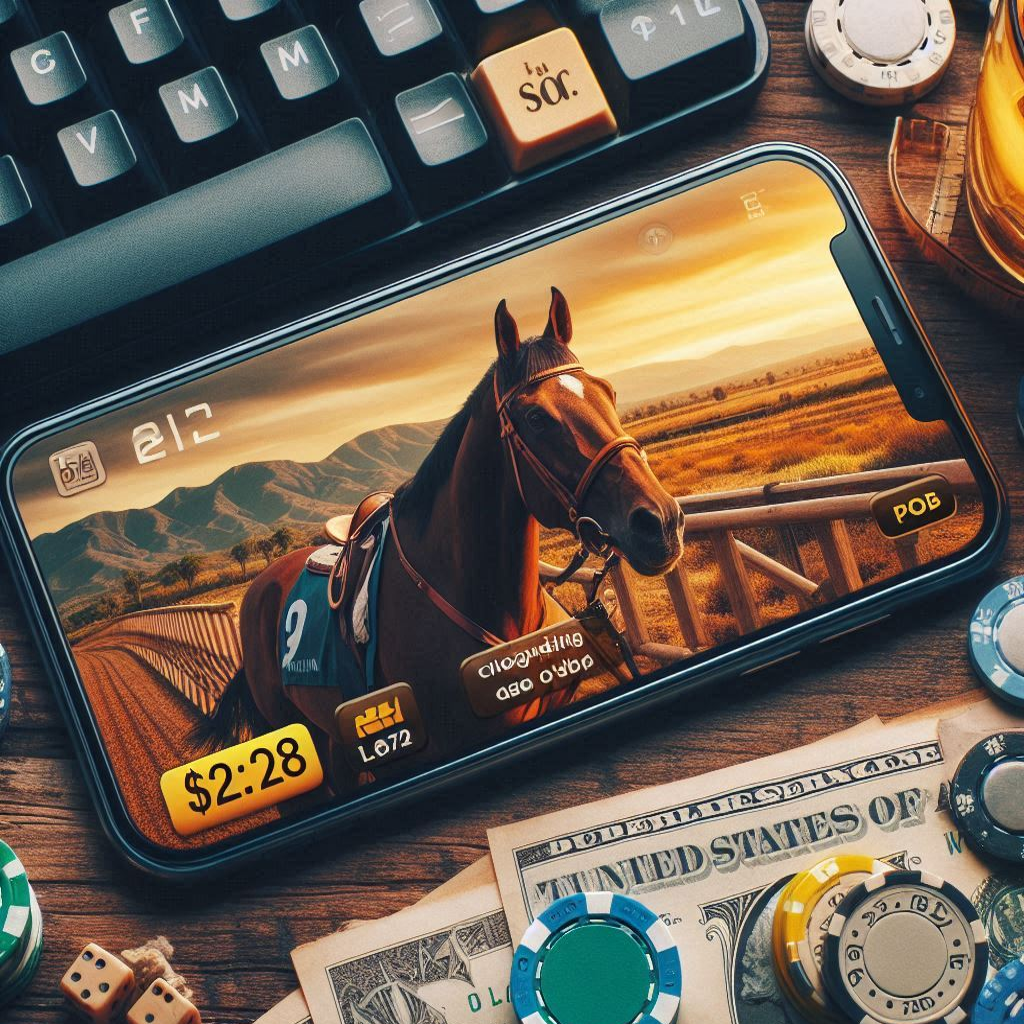
Building a solid fanbase as an esports influencer can be fun and exciting! When you have a lot of fans, it helps you grow and share your love for gaming. Here are some easy steps to get started.
First, it’s important to **connect** with your audience. This means talking to your fans, replying to their messages, and making them feel special. When fans feel like they know you, they are more likely to stick around.
Next, you should **create** good content. This can be videos of you playing games, tips and tricks to help others, or funny moments from your gameplays. Make sure your content is enjoyable and something people want to share.
Another key step is to be **consistent**. This means posting regularly so your fans know when to expect new content. Whether it’s daily or weekly, having a schedule helps fans know when to come back for more.
Don’t forget to use **social media**. Platforms like Twitter, Instagram, and TikTok are great for reaching more people. Share not just your gaming moments, but also snippets of your life. This helps fans relate to you on a personal level.
Finally, teaming up with other influencers can help you grow faster. When you **collaborate**, you can share fans and bring new people to each other’s channels.
In summary, building a fanbase as an esports influencer takes time and effort. By connecting with your audience, creating great content, being consistent, using social media, and collaborating with others, you can build a strong and loyal fanbase.
Glossary:
1. **Connect** – To build a relationship with others.
2. **Create** – To make something new, like videos or posts.
3. **Consistent** – To do things regularly and reliably.
4. **Social Media** – Websites and apps for sharing information and connecting with people.
5. **Collaborate** – To work together with others to achieve something.
Understanding the Esports Influencer Landscape
Being an esports influencer means you are someone who has the power to affect the views, opinions, and behaviors of fans in the gaming community. Building a solid fanbase as an esports influencer involves a strategic approach, dedication, and understanding your audience.
Key Terms
- Esports: Competitive gaming where players or teams play against each other in organized events.
- Influencer: A person who has the power to influence others, often through social media platforms.
- Fanbase: A group of supporters or followers of a particular person, brand, or team.
- Engagement: Interaction between the influencer and their audience, which can include comments, likes, shares, and more.
The Importance of Engagement
Engagement is crucial for building a fanbase. It means actively interacting with your followers, responding to their comments, and creating content that resonates with them. According to a leading marketing expert, “Engagement is the key to loyalty. It’s not just about broadcasting your message but creating a dialogue with your audience.”
Strategies to Build Your Fanbase
-
Create Authentic Content
Your content should reflect your personality and gaming style. Be genuine and share your experiences, both good and bad. As the famous gamer Ninja once said, “Being authentic is very important in this day and age.”
-
Utilize Social Media Effectively
Choose platforms where your audience hangs out the most, whether it’s Twitch, YouTube, Twitter, or TikTok. Post regularly and engage with fans through comments and live streams.
-
Join Esports Communities
Participate in forums and communities related to your game. Share your knowledge and contribute positively to discussions. This helps in building reputation and attracting followers.
-
Collaborate with Other Influencers
Team up with other influencers for streams or videos. Collaboration can expose you to their fanbase and vice versa, enhancing your reach in the esports community.
-
Host Giveaways and Contests
People love freebies! Hosting a giveaway can attract new followers and engage your current audience. Make sure your contests are simple and related to your content.
Maintaining Your Fanbase
Once you have a growing fanbase, it’s essential to keep them engaged and satisfied. Here are a few tips:
- Regularly post updates and keep your fans informed.
- Show appreciation through shout-outs or fan highlight segments.
- Create exclusive content or perks for loyal followers.
The Role of Analytics
Understanding your audience through analytics can help tailor your content to what they enjoy the most. Use tools to track engagement levels, likes, and shares to see what works and what doesn’t.
A Final Note on Influence
Building a solid fanbase takes time and effort. Consistency, creativity, and authenticity are your best tools. As the renowned esports athlete Shroud puts it, “You don’t just wake up one day and have a massive fanbase. It’s a process.”
By implementing the strategies mentioned and maintaining a positive relationship with your audience, you’ll be well on your way to becoming a respected and influential figure in the esports community.
What is the first step to building a fanbase as an esports influencer?
The first step is to identify your niche within the esports community. Focus on specific games, genres, or aspects of gaming that you are passionate about. This will help you connect with like-minded individuals who are more likely to become loyal followers.
How can I engage with my audience effectively?
Engagement is key to building a solid fanbase. Respond to comments on your social media posts, host Q&A sessions, and participate in discussions on forums. Building relationships with your audience will make them feel valued and more likely to support you.
What platforms should I focus on to grow my fanbase?
Start by establishing a presence on popular platforms such as Twitch, YouTube, and Twitter. Each platform has its own strengths; for example, Twitch is great for live streaming, while YouTube is ideal for edited content. Diversifying across multiple platforms can help you reach a wider audience.
How often should I post content to keep my audience engaged?
Consistency is important. Create a content schedule that you can realistically maintain, whether it’s daily, weekly, or bi-weekly. Regular updates keep your audience engaged and looking forward to your next post.
What type of content resonates best with viewers?
Your content should be a mix of entertaining, informative, and relatable. Game reviews, tutorials, live streams, and personal anecdotes are all ways to connect with your audience. Experiment with different styles to see what garners the most engagement.
Should I collaborate with other influencers?
Yes! Collaborations can expose you to new audiences and increase your credibility. Partnering with influencers who share your values and interests can create meaningful content that benefits both parties.
How can I promote my content outside of social media?
Utilize forums, gaming communities, and even esports tournaments to share your content. Engaging in community activities and discussions can help you gain visibility and attract new followers who share your interests.
What role does authenticity play in building a fanbase?
Authenticity is crucial. Being genuine and transparent with your audience helps build trust, which is essential for lasting relationships. Share your successes and failures alike, and let your personality shine through in your content.
How can I measure the growth of my fanbase?
Track metrics such as follower count, engagement rates, and audience feedback. Use analytics tools available on platforms to assess what content resonates with your audience and adjust your strategy accordingly.
What should I do if I face negative feedback or trolls?
Negativity is a part of being in the public eye. Focus on constructive criticism and learn from it. For trolls, it’s often best to ignore them or block them if necessary. Maintaining a positive environment for your loyal followers is what truly matters.

